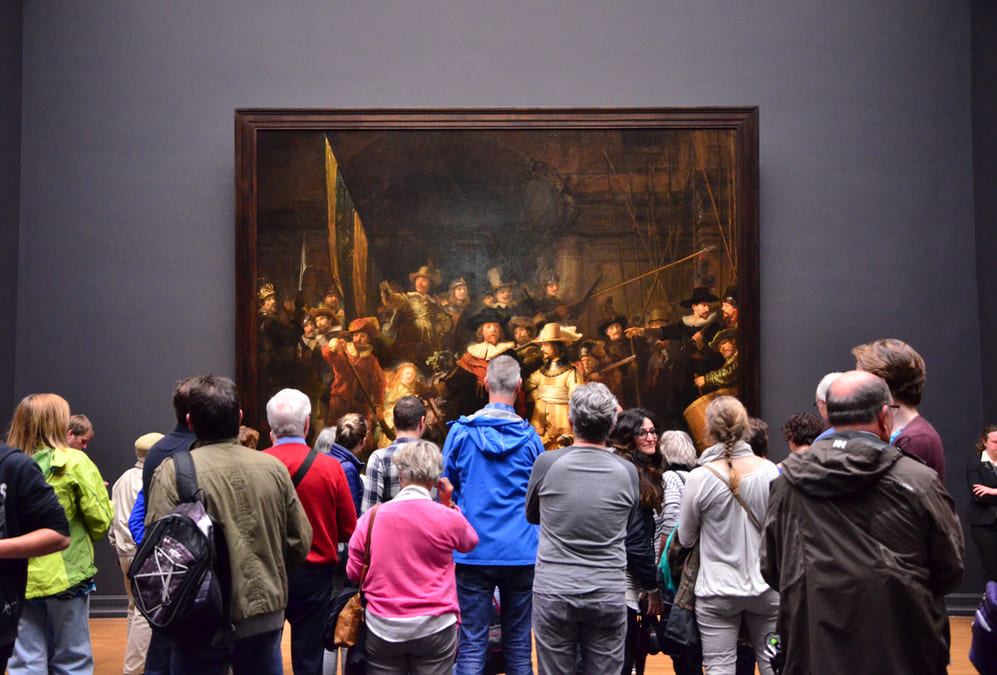Millennials, born between 1981 and 1996, have grown up in a rapidly changing world. While they are often credited with being tech-savvy and innovative, some argue that there are certain skills they lack compared to previous generations. Let’s explore some of these perceived gaps.
Table of Contents
Handwriting and Penmanship

In the age of digital communication, handwriting has become less emphasized. Many millennials may find cursive writing challenging or even unnecessary, as typing has become the primary mode of written communication.
Map Reading and Navigation

With GPS technology readily available on smartphones, the ability to read physical maps and navigate without digital assistance has declined. Some millennials may struggle with traditional map reading.
Face-to-Face Communication

While millennials are adept at communicating through social media and texting, some critics argue that this has led to a decline in face-to-face communication skills, such as reading body language and maintaining eye contact.
Basic Home Repairs

As the DIY culture shifts towards hiring professionals, some millennials may lack basic home repair skills, such as fixing a leaky faucet or patching up a hole in the wall.
Cooking from Scratch

With the rise of meal delivery services and pre-packaged meals, cooking from scratch may be less common among millennials. Some may lack the knowledge or confidence to prepare meals without guidance.
Budgeting and Personal Finance

Despite growing up during economic uncertainty, some millennials struggle with budgeting and personal finance. The complexity of modern financial products and lack of financial education may contribute to this gap.
Analog Technology Skills

As digital natives, millennials may be unfamiliar with analog technologies such as rotary phones, VHS tapes, or vinyl records. These skills, while nostalgic, may not be practical in today’s digital world.
Patience and Delayed Gratification

In a world of instant access and immediate gratification, some argue that millennials may struggle with patience and the ability to delay rewards. This perception may affect their approach to long-term goals.
Critical Thinking and Problem Solving

While this is a debated point, some critics argue that the standardized testing culture has led to a decline in critical thinking and problem-solving skills among millennials.
Appreciation for Historical Context

With information readily available online, some believe that millennials may lack a deep understanding or appreciation for historical context, relying more on quick summaries and soundbites.
It’s essential to recognize that these perceived skill gaps are generalizations and may not apply to every individual within the millennial generation. Additionally, millennials bring unique strengths and perspectives that reflect their upbringing in a digital and interconnected world.
Rather than focusing solely on what they may lack, it’s valuable to consider how millennials’ unique skills and experiences contribute to a diverse and evolving society. After all, every generation has its own set of strengths and weaknesses, shaped by the times in which they were raised.








